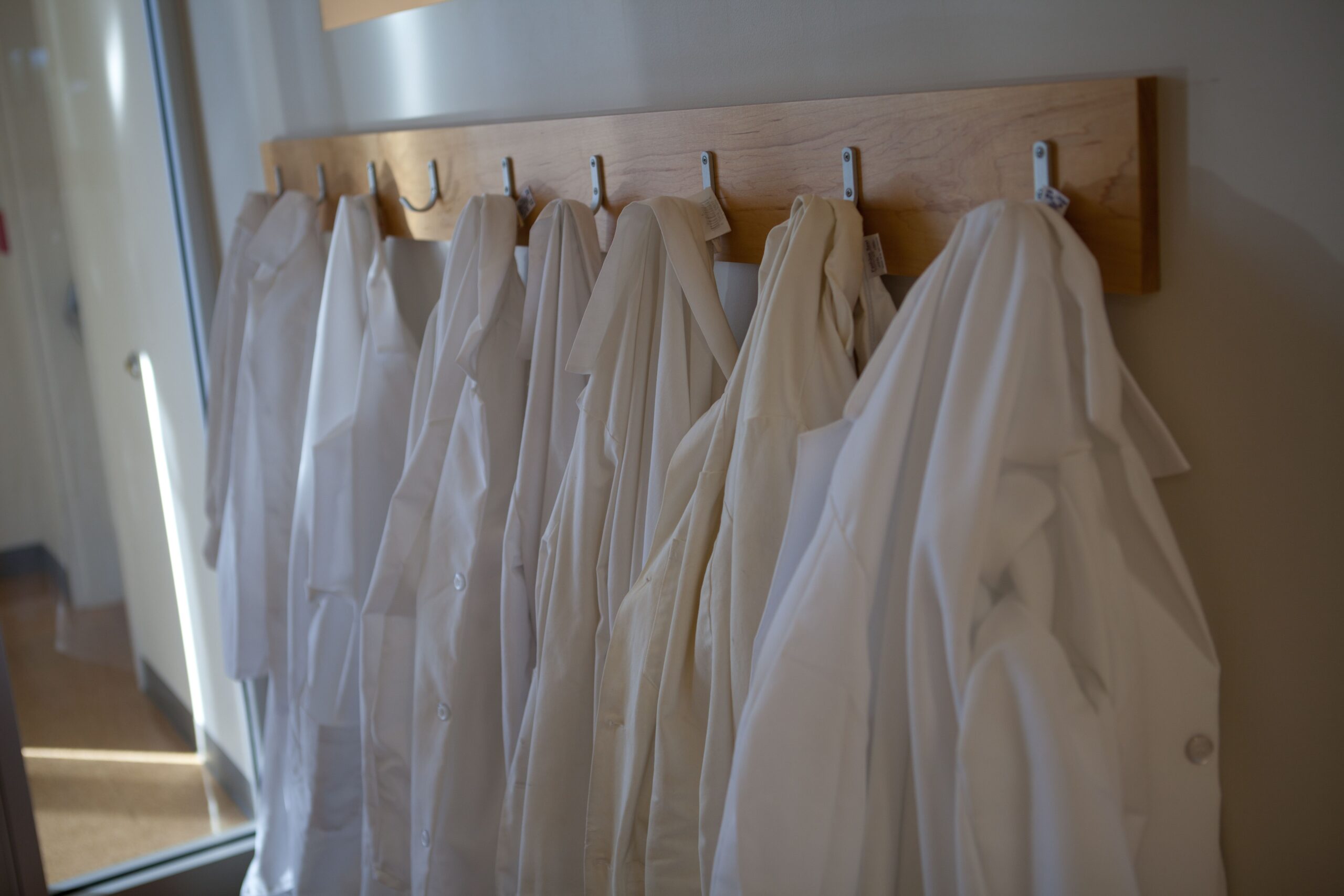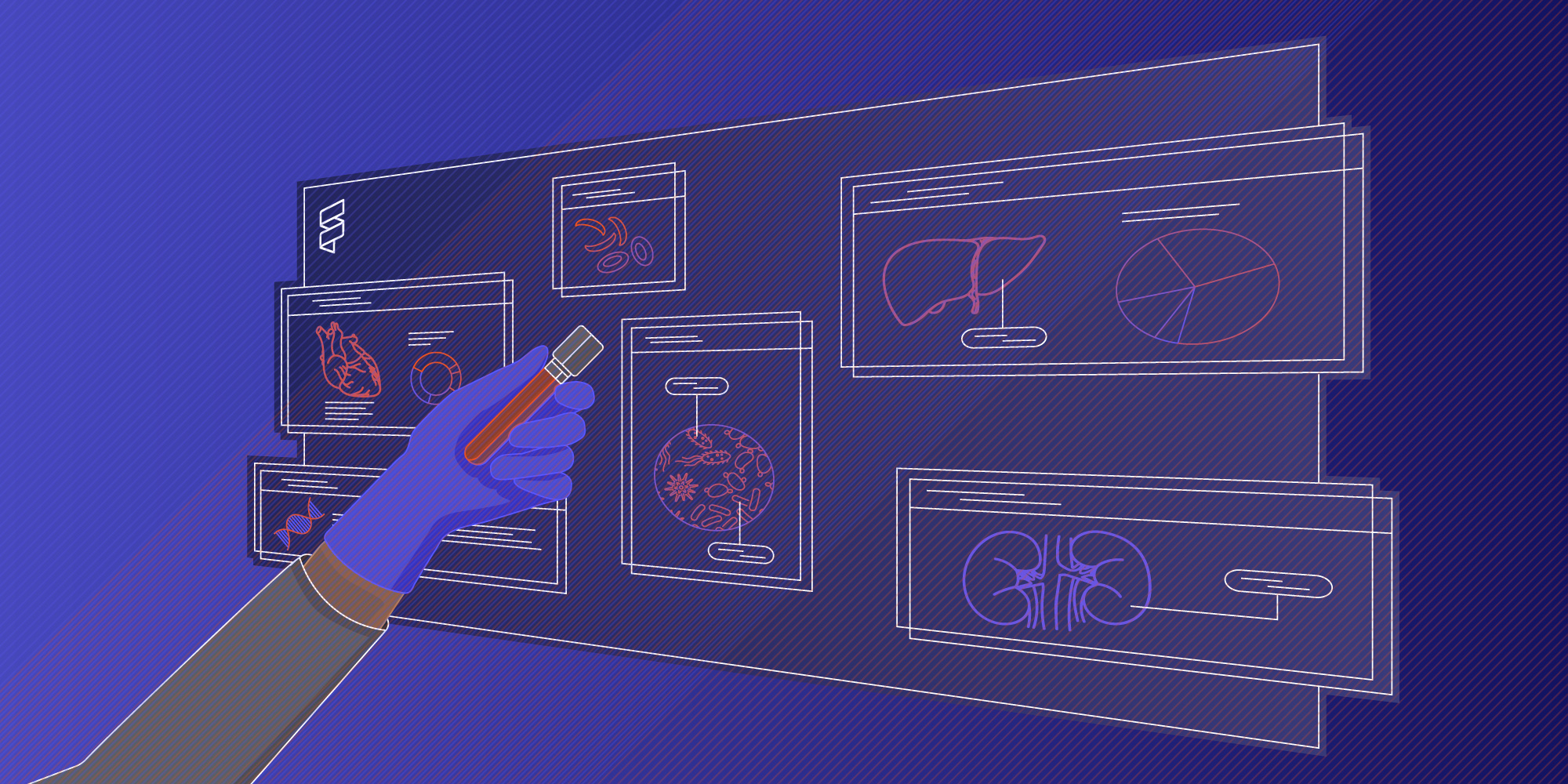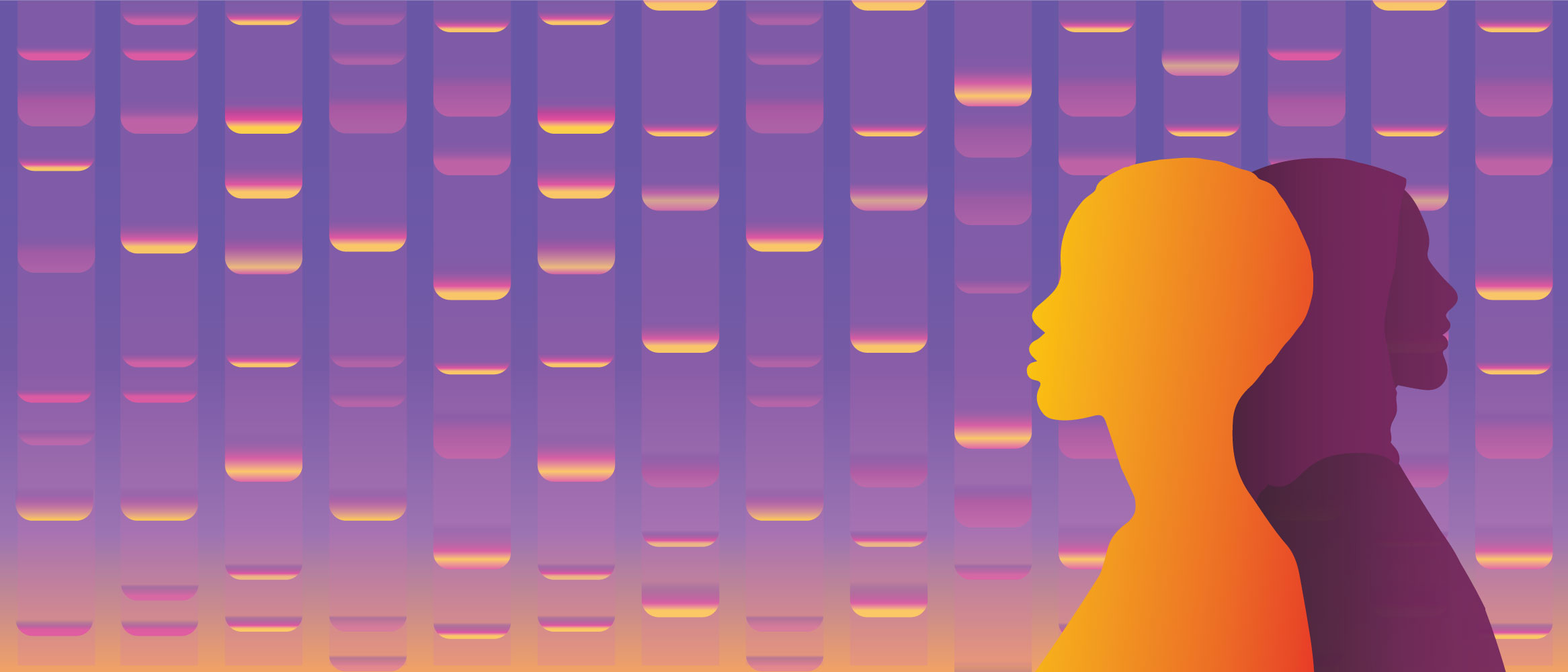
Two IGI Women in Enterprising Science Fellows Receive $1 Million Each in Seed Funding
Derfogail Delcassian and Yue Clare Lou, Innovative Genomics Institute (IGI) Fellows from the second cohort in the HS Chau Women in Enterprising Science (WIES) Program, were each awarded $1 million in non-dilutive seed funding that can exponentially accelerate the commercialization of their discoveries. All four WIES Fellows presented formal pitches, describing their business ideas and scientific progress made during their fellowship year, to a panel of academic and industry experts who then advised the donor of their recommendations.
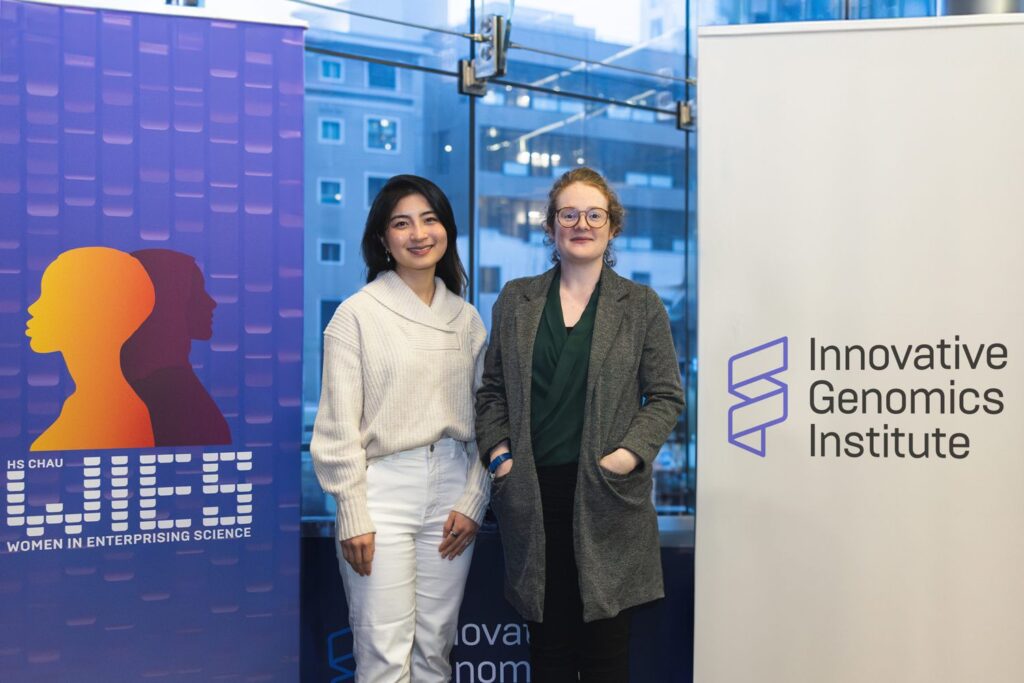
Delcassian, an Assistant Professor in the Department of Bioengineering at UC Berkeley, is working on multiple approaches to target molecular therapies to hard-to-treat cancers like metastatic melanoma. The molecular therapies, which include antibodies, vaccines, and genome-modifying approaches, are aimed at increasing the immune system’s response to tumors. In mouse models of melanoma, her vaccine-based treatment has increased survival from 20 percent to 80 percent. Delcassian is now working on expanding this research into pancreatic and breast cancers in conjunction with collaborators at UCSF.
“The Fellowship time has given me the opportunity to de-risk this technology and get a broad base of knowledge of all the things you might need to know to set up your own company,” says Delcassian. “Now I’m in this super exciting position where I’ve improved my technology over the last year and gotten some great results, learned business knowledge, and made connections with fantastic partners who are interested in taking this technology further. I am at a juncture now where I’m ready to launch my company so we can commercialize this work to benefit patients.”
Lou, a recent Ph.D. graduate from the Banfield lab at IGI, started the program with a plan to study the role of the gut microbiome in infant health. Within the first month of the Fellowship, she realized the microbiome datasets she was working with could have an even more impactful opportunity: as a source of novel peptides to treat multiple diseases with high-unmet needs. She decided to pivot to mining human microbiome datasets to develop immune-modulating therapies for conditions ranging from cancer to autoimmunity. With an AI-driven computational pipeline, she found peptides that showed robust antitumor properties in vitro.
“I realized that we have generated this incredible data platform we could use to develop various therapeutics from microbial peptides,” says Lou. “The idea we’re focusing on now is using peptides to essentially function as a vaccine against cancer.”
This spring, she co-founded a start-up, Sift Biosciences, that has received a NVIDIA startup grant and been selected as part of the 2024 California Life Sciences FAST Cohort. The $1 million WIES award will allow her and her team to test their cancer vaccine peptides in animal models. Sift is raising additional funding to build out their preclinical framework with the goal of entering clinical trials in 2028.
“The WIES program made me determined to start my own company and connected me with an amazing network of investors and female founders,” says Lou.
Over the past year, the Fellows took classes at Berkeley Law, UCSF Innovation Center and UC Berkeley’s Life Sciences Entrepreneurship Center. They also attended panel discussions with women entrepreneurs, participated in round tables with subject-matter experts, and received one-on-one mentoring from Jill Banfield, Adam Arkin, Niren Murthy, Jennifer Doudna, and other members of IGI leadership, as well as founders of Bay Area biotechnology startup companies.
Alice Refermat, another member of the cohort and the Director of the Center for CRISPR Target Discovery at the IGI, is developing genome-editing technology to treat KRAS-mutation-driven cancers. During the Fellowship, she developed robust in vitro data. Her next step is testing her approach in mouse models.
“One of the best parts of the Fellowship was the opportunity to be inspired by all these other women scientists,” says Refermat. “I’ve learned a lot by seeing how they handle challenges, pivots, and navigating the startup environment.”
Kelsey Hern, the final member of the cohort and a recent Ph.D. graduate from the Arkin lab at UC Berkeley, is an expert on the lung microbiome. Her research is focused on creating inhalable probiotics that could protect against fatal lung infections.
“I started this program being completely new to the business world, and the courses gave me a great base in the fundamentals,” says Hern. “Through the I-Corps [NSF Innovation Corps] course, I started interviewing people who might be interested in the product we’re working on, including patients, doctors, insurance agents, and so on. Instead of coming up with the technology just in the lab, we want to guide technology development around the actual needs of patients and care providers.”
Hern had a productive year as a WIES fellow, and now she intends to continue generating additional data as a postdoctoral researcher at Northwestern University and then launch a company in the coming years.
The WIES Fellowship Program is part of the rich landscape of entrepreneurship at UC Berkeley. In just two years, WIES Fellows have founded three new companies. The 2023 and 2024 Pitchbook rankings found that UC Berkeley was the top university in the country for startup founders backed by venture capital, and is the #1 university for women founders.
This month, the IGI is welcoming a new cohort of WIES Fellows. Learn more about our 2024–2025 Fellows here.
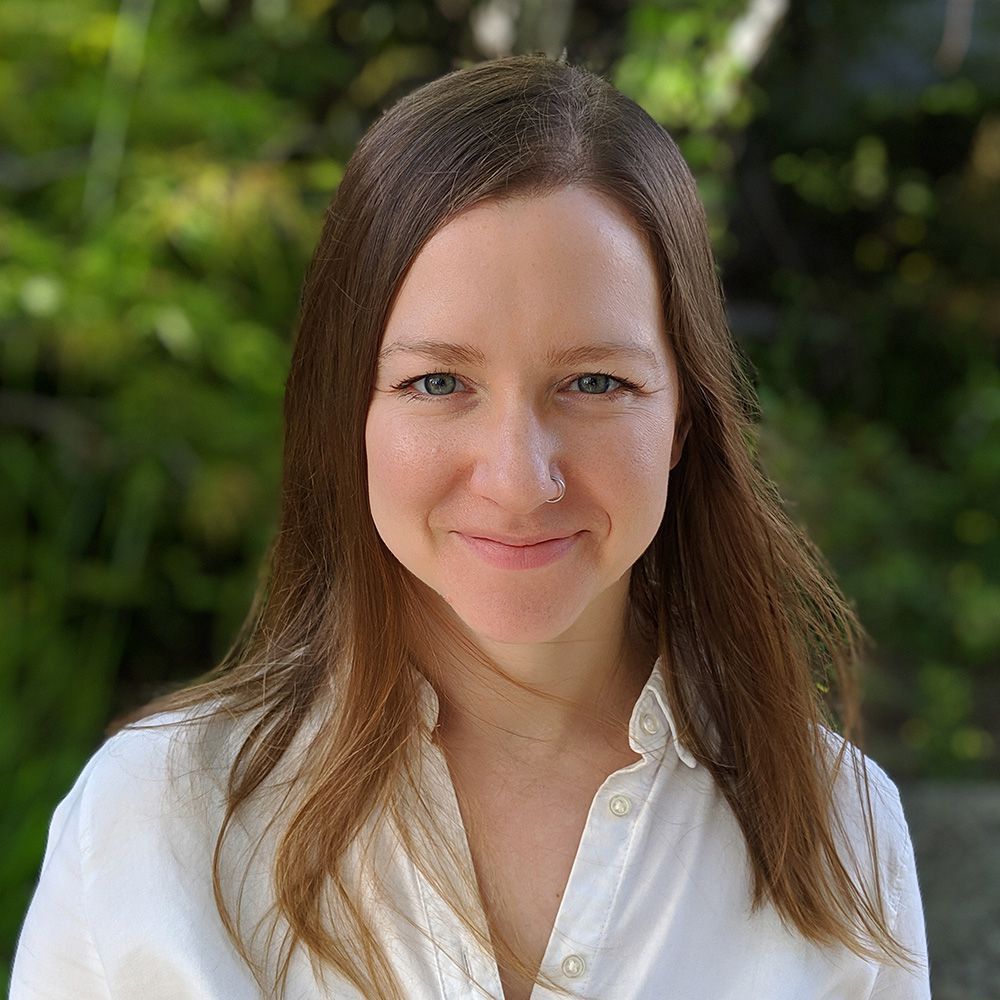 By
Hope Henderson
By
Hope Henderson
